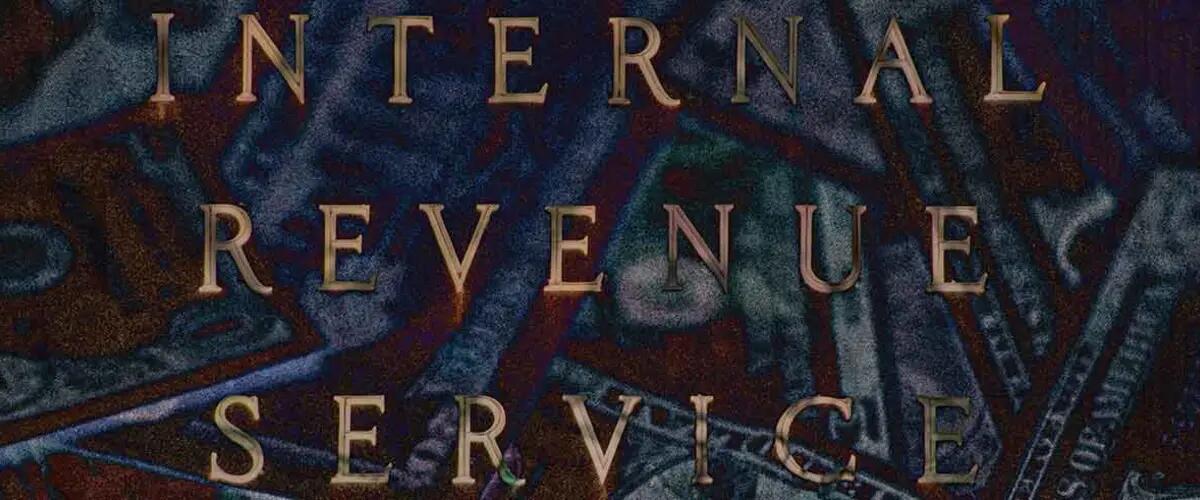
Thought Leadership: Tax reform and progress at the IRS
This op-ed reflects the views of the co-authors. They are not the views of Rutgers Business School. Jay Soled, who is director of the Master of Accountancy in Taxation Program at Rutgers, is one of the co-authors.
For the first two decades of this century, the IRS was the subject of congressional neglect, if not outright enmity. Even as returns processed and dollars collected grew substantially, its staff size was reduced by 25 percent. Taxpayer services and enforcement activities suffered, and dysfunction was endemic. It was an agency much in need of repair.
Fortunately, as part of the Inflation Reduction Act, Congress added $80 billion to the budget of the IRS, to be spent over a 10-year timeframe. The purposes were threefold: to offer better customer service, bolster tax compliance and modernize the antiquated IRS operating systems.
Although recent reports suggest that the job of fixing the agency is far from finished, the IRS has been able to make considerable progress on all three fronts.
Compared to the prior filing season, the IRS has used the augmented funding to answer millions more taxpayer calls, cut average telephone wait times from 28 minutes down to three, open numerous new pop-up taxpayer assistance centers and serve over 100,000 more taxpayers in person.
Furthermore, the IRS can now pursue and prosecute more tax evaders — many in the top income brackets — yielding nearly a half-billion dollars of additional tax revenue.
Finally, through a newly formulated Paperless Processing Initiative, the IRS will soon digitize all paper returns it receives, and it has already introduced new voice and chatbots to improve the taxpayer experience.
What has not happened is the supposed parade of abuses that many politicians on the right claimed would unfold. Two years ago, Republicans argued that the increased funding would weaponize the IRS to target hardworking Americans. Indeed, the first legislative action Republicans took when they regained control of the House in 2022 was to repeal, in the words of then-House Speaker Kevin McCarthy (R-Calif.), “the Democrats’ army of 87,000 IRS agents.”
And when it came to funding the $14.7 billion Israel needed in its war against Hamas, new House Speaker Mike Johnson introduced legislation directing that the IRS budget be cut by an equivalent amount. Republicans voiced unanimous approval, but the Senate and the White House rebuffed this initiative.
In practical terms, what does a revitalized IRS mean for the nation? The implications are far-reaching and beneficial.
The most obvious benefit is that those who are derelict in fulfilling their civic duties are more likely to be nabbed. The calculus here is simple. More tax audits produce better oversight, and better oversight uncovers more tax cheating, according to a June 2023 paper published by the National Bureau of Economic Research.
In addition, more audits provide a strong deterrent effect beyond those caught cheating. The same report indicates that each $1 of added enforcement generates as much as $12 in additional tax revenues. On top of a simple fear of being caught, taxpayers are more apt to comply if they have confidence and trust in the tax collection agency. Researchers have found the social norm of tax compliance becomes more firmly embedded in the national psyche.
Much of the tax evasion is perpetuated by the wealthiest taxpayers — those who can take advantage of aggressive and sometimes even illegal tax strategies. Increased IRS funding enables the agency to conduct more sophisticated and comprehensive audits, helping level the playing field against wealthy taxpayers’ high-priced lawyers and accountants.
Finally, given the immense complexity of the tax code, many taxpayers who want to pay their taxes are often unsure what their true tax liabilities are. Increased IRS funding has significantly improved its service delivery, making it much easier for the general public to be tax-compliant.
All these positive outcomes come with a tremendous bonus — additional revenues that help diminish the deficit without raising tax rates.
The annual tax gap — the difference between what taxpayers owe and what they pay — is currently estimated by the IRS to be in the $700 billion range at a time when the federal government’s most recent annual deficit is $1.7 trillion, and the government’s total debt is over $34 trillion. The need for a revitalized IRS has thus never been stronger. As our April 15 filing deadline approaches, we should take a moment to celebrate the IRS’s renewed strength and the considerable benefits flowing from it.
James Alm is a professor emeritus at Tulane University. Richard Schmalbeck is the Simpson Thacher and Bartlett Distinguished Professor of Law at the Duke University School of Law. Jay A. Soled is a distinguished professor of taxation at Rutgers Business School.
Press: For all media inquiries see our Media Kit


